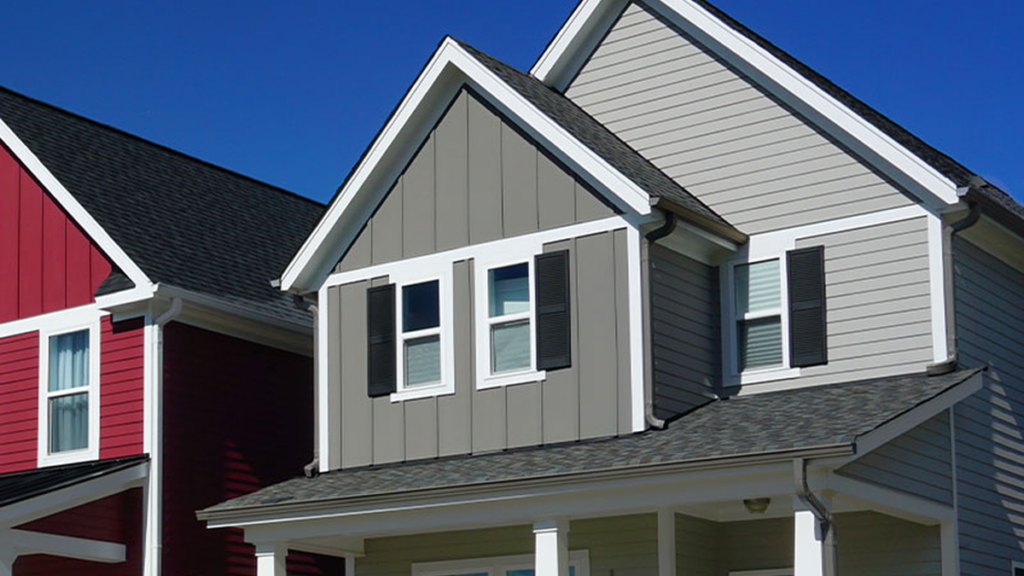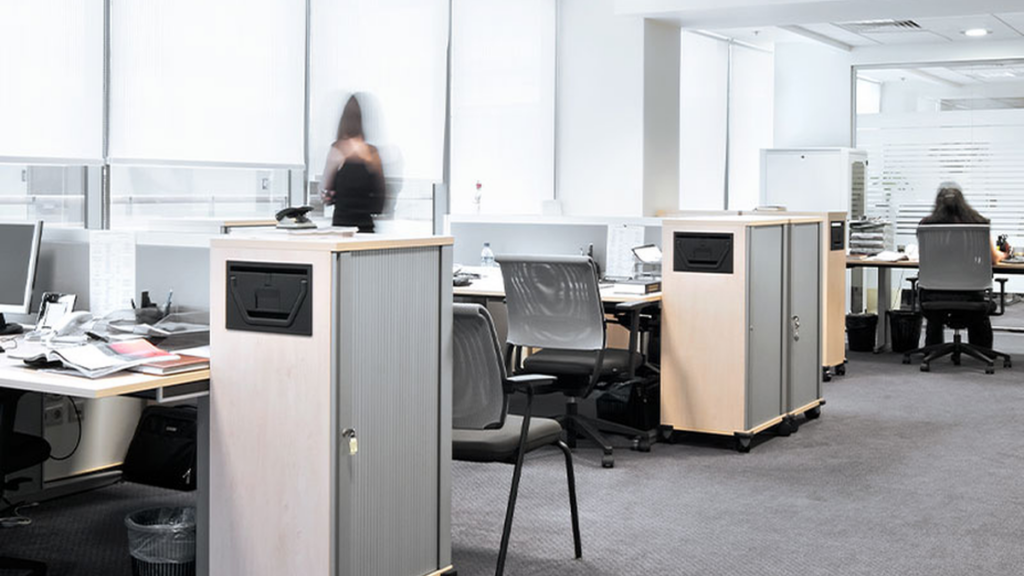Residential Property Flipping – Important Taxation Considerations
Posted on August 5th, 2022 in Construction & Real Estate, Domestic Tax
Canadian residents who dispose of their family home and realize a gain may be eligible to claim an exemption, known as the Principal Residence Exemption (PRE) when computing the tax on that gain. The exemption can eliminate all or part of the taxable capital gain, depending on the circumstances. The PRE has been a part of the Canadian tax system for many years. To qualify for the PRE, an individual must own the property and that individual or their spouse or child must “ordinarily inhabit” it in each year for which the exemption is claimed. This does not require spending all of your time at the residence. Seasonal cottages, for example, can qualify for the PRE.
A married or common-law couple are only allowed to designate each year one property as a PRE. Therefore, if they own a family home and a cottage, one of those properties will be subject to tax when disposed. Fortunately, due to the capital gains rules, only 50% of the gain realized on a sale is subject to tax. The same rule applies to other properties, such as a rental property.
Over the past number of years, more and more individuals have purchased real estate with the intention of reselling the property in a short period of time to realize a profit. Profits from flipping properties are fully taxable as business income, meaning they are not eligible for the 50% capital gains inclusion rate or the PRE.
To avoid paying tax on the entire profit, taxpayers have been reporting their profit as a capital gain. In some cases they have moved into the house even while it is being renovated, claiming the PRE, thus avoiding taxes altogether. Now, it has always been a question of fact as to how the profit on the sale of a house should be taxed. Question of fact is often based on intent. Unfortunately, in many cases, it is difficult for the Canada Revenue Agency to determine intent. Was the intent at the time of purchase to flip the property or was the intent to hold the property for a number of years but circumstances changed, requiring a sale sooner than expected?
To make it more difficult for individual taxpayers to avoid paying taxes on their profits from property flipping, the government proposed in the latest budget the “Residential Property Flipping Rule”. This new rule will apply to property sales on or after January 1, 2023. If the sale falls under these rules, then the full profit will be subject to income tax. The intent of the taxpayer will no longer be considered. Specifically, profits arising from dispositions of residential property (including a rental property) that was owned for less than 12 months will be deemed to be business income. The new rule will not apply if the sale took place due to certain life events as follows:
- A disposition due to, or in anticipation of, the death of the taxpayer or a related person.
- A household addition such as the birth of a child or care of an elderly parent.
- A disposition due to the breakdown of a marriage or common-law partnership, where the taxpayer has been living separate and apart from their spouse or common-law partner because of a breakdown in the relationship for a period of at least 90 days.
- A disposition due to a threat to the personal safety of the taxpayer or a related person, such as the threat of domestic violence.
- A disposition due to a taxpayer or a related person suffering from a serious disability or illness.
- A disposition for the taxpayer or their spouse or common-law partner to work at a new location or due to an involuntary termination of employment. In the case of work at a new location, the taxpayer’s new home must be at least 40 kilometres closer to the new work location.
- A disposition due to insolvency or to avoid insolvency (i.e., due to an accumulation of debts).
- A disposition against someone’s will, for example, due to, expropriation or the destruction or condemnation of the taxpayer’s residence due to a natural or man-made disaster.
Profits realized on the sale of properties held for more than 12 months will continue to be taxed based on the facts of each situation. It is also important to point out that these proposals have not yet been enacted into law.




















